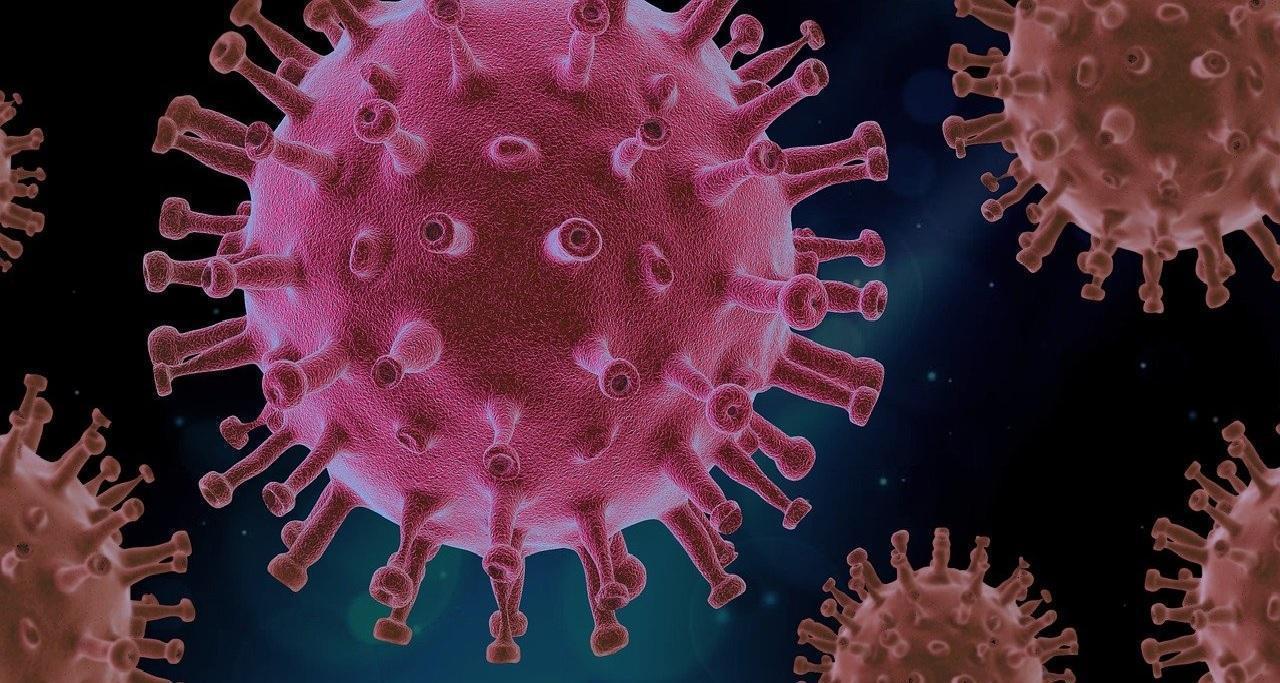After his meeting with various department heads here, Ashoka, who is also Vice Chairman of the Karnataka State Disaster Management Authority, told reporters that he has already directed the state police to track and trace these missing Covid patients.

Photo for representational purpose
Grappling with unprecedented spike in Covid cases, Karnataka is facing another challenge, of tracking and tracing of anywhere between 2,000 to 3,000 Covid positive patients who have "gone missing", state Revenue Minister, R. Ashoka revealed on Wednesday. After his meeting with various department heads here, Ashoka, who is also Vice Chairman of the Karnataka State Disaster Management Authority, told reporters that he has already directed the state police to track and trace these missing Covid patients.
ADVERTISEMENT
"At least 2,000 to 3,000 people in Bengaluru have gone of our radar by switching off their phones and left their houses. We don't know where they have gone," he admitted. Bengaluru, has become epicentre of the viral spread ever since the pandemic broke out, often contributing a minimum 50 per cent to the state's overall tally of Covid patients, fatalities and nearly two-third of patients in ICUs. "With most of these patients switching off their mobile phones, the Health Department is not able to trace them and most of them are also not available at their given addresses, it is construed as they have 'missing'. Certainly there is a potential threat for these missing patients. These patients can turn out to be super-spreaders," Ashoka warned.
He added that the state had to rope in police as they have required expertise to track switched off mobile phones. The minister added that the state government was giving free medicines to people, which can control 90 per cent of cases, but these Covid-19 infected people have switched off their mobile phones. "Some them reach hospitals at a critical stage and desperately look for Intensive Care Unit beds. This is what is contributing more to the already existing confusion," he said. Ashoka appealed to those who have tested positive for the viral disease to keep their cell phones on so that the official responsible for contact tracing and follow-ups could reach them.
"I pray to them with folded hands that Covid-19 cases will only increase due to this. It is wrong when you try for ICU beds at the last moment," the minister said. The Karnataka government had recently increased its contact tracing activity after it was found that the officials in Bengaluru and other districts were tracing only four contacts per infected person, while the guidelines mandate tracing at least 20 contacts. Health Minister K. Sudhakar said Bengaluru had been the victim of this problem ever since the pandemic broke out.
"In my more than one year's experience of handling this pandemic, it is observed at least 20 per cent of the patients do not respond to our phone calls. Though in most of the cases, police track them down in their own way but there are some of them who migrate to other states and take this disease with theme there too," he told reporters at a separate press conference.
This story has been sourced from a third party syndicated feed, agencies. Mid-day accepts no responsibility or liability for its dependability, trustworthiness, reliability and data of the text. Mid-day management/mid-day.com reserves the sole right to alter, delete or remove (without notice) the content in its absolute discretion for any reason whatsoever
 Subscribe today by clicking the link and stay updated with the latest news!" Click here!
Subscribe today by clicking the link and stay updated with the latest news!" Click here!






